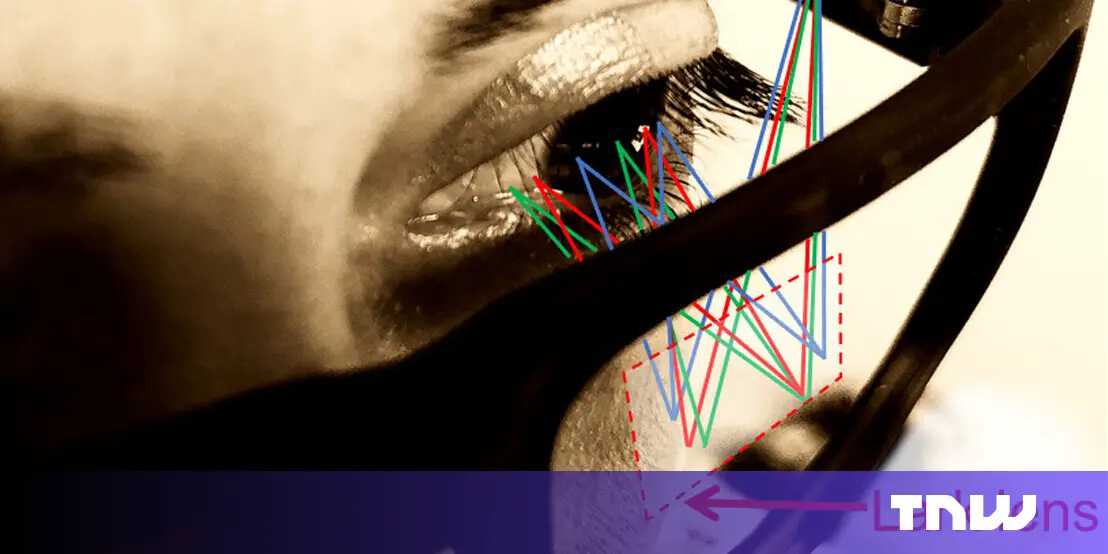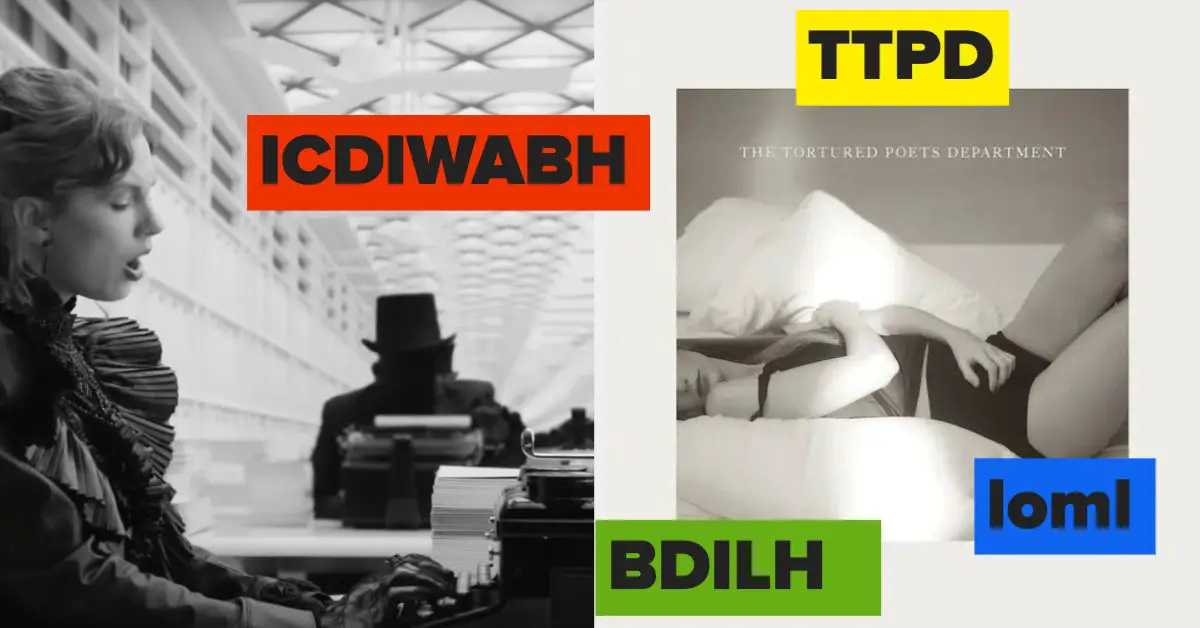Together, Mila – the Quebec Artificial Intelligence Institute, and the United Nations Educational, Scientific and Cultural Organization (UNESCO) have unveiled a book on the urgent need to regulate artificial intelligence (AI) in the face of unprecedented technological changes.
Titled Missing Links in AI Governance, the book features 18 articles on AI governance written by members of academia, politics, civil society, and industry.
The book addresses themes such as the influence of AI on LGBTQ2S+ and Indigenous communities, the inclusion of southern countries in global AI governance, and the use of AI to support innovation for socially beneficial purposes. It suggests possible solutions to foster the development of an AI that is ethical, inclusive, and respectful of human rights.
The authors also warn against the use of AI in contexts that can harm the common good (such as autonomous weapons or the manipulation of digital content for social destabilization), deplore the centralization of decision-making power in the development of AI systems, the biases reproduced by them, and the lack of transparency and accountability in the industry.
“We are very proud to unveil this book at a critical time in the development of AI. The choices we make as a society over the next few years will have a significant influence on the future of humanity, and we hope that these pages will provide food for thought and guide decisions to ensure a more ethical, responsible and inclusive technological development,” said Valerie Pisano, president and chief executive officer of Mila.
“Identifying the missing links in AI governance is not only essential for the responsible development of AI, but also for the protection and promotion of human rights in the digital age,” added Dr. Tawfik Jelassi, assistant director-general for communication and information of UNESCO.
The book is available online, free of charge on the UNESCO website.










Leave a Reply